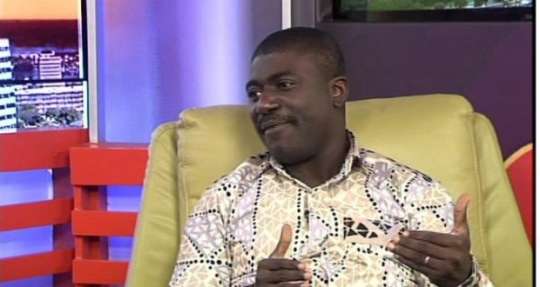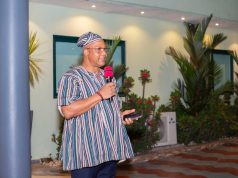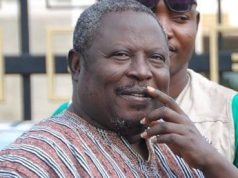In recent discussions, Professor Ransford Gyampo, a prominent political analyst, underscored the pivotal role of Bossman Asare, the Deputy Chairman of the Electoral Commission (EC) of Ghana, likening him to a key political figure within the Commission.
Gyampo’s remarks, aired on TV3, described Asare as the “NAPO” of the EC—a term commonly used to denote someone with significant influence in the political sphere. This analogy suggests that Asare’s leadership and strategic decisions are central to the EC’s operations, particularly as Ghana approaches its next crucial electoral cycle.
As the nation prepares for elections amidst growing political tensions, the spotlight is squarely on the Electoral Commission’s ability to uphold transparency and fairness in the voting process. In this context, Asare’s role is seen as critical, not only in navigating the political pressures that come with election oversight but also in maintaining public trust in the Commission. His decisions will likely have far-reaching consequences on the credibility of Ghana’s electoral system.
Ghana’s electoral integrity has come under increasing scrutiny in recent years, especially with concerns about the transparency of the electoral process and the potential for political interference. With the country heading toward another election, these challenges remain at the forefront of national discourse. While the EC’s independence is constitutionally protected, the role of its key leadership figures, like Asare, remains central to how effectively these challenges are managed.
Gyampo’s comments reflect a broader conversation taking place within Ghana about the future of its electoral system. As electoral reforms continue to be discussed, many see figures like Asare as central to advancing these changes and ensuring that the upcoming elections are not only free and fair but also seen as such by the electorate. The reforms are expected to address longstanding concerns about electoral fairness, including improving voter education, securing the transparency of the vote count, and ensuring that political influences do not undermine the legitimacy of the process.
As the EC prepares for the upcoming elections, the stakes are high. The next few months will likely be a critical time for the Commission as it works to refine its processes and restore public confidence in the integrity of the electoral system. Asare’s leadership will be closely scrutinized as political actors and the public alike look to the Commission to ensure that the 2024 elections will be conducted in a manner that reflects Ghana’s democratic ideals.
Send your news stories to newsghana101@gmail.com
Follow News Ghana on Google News
















